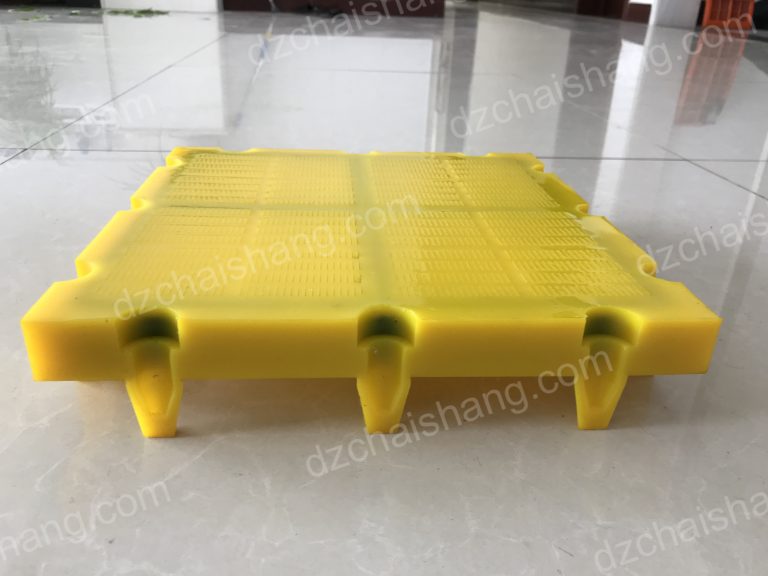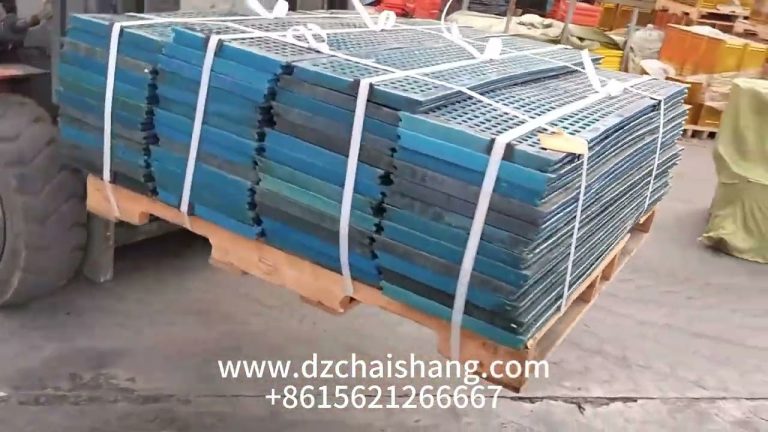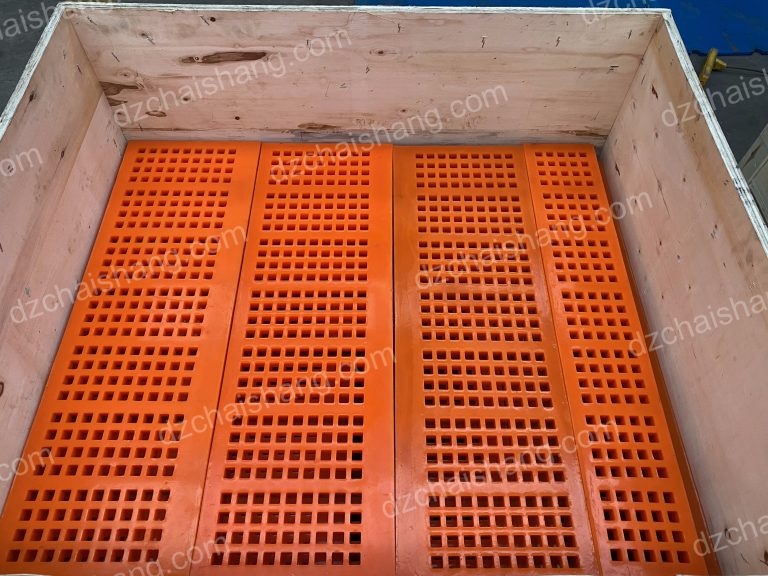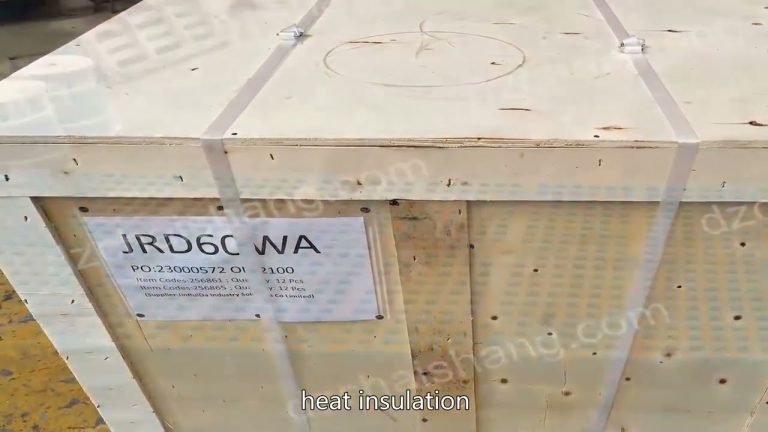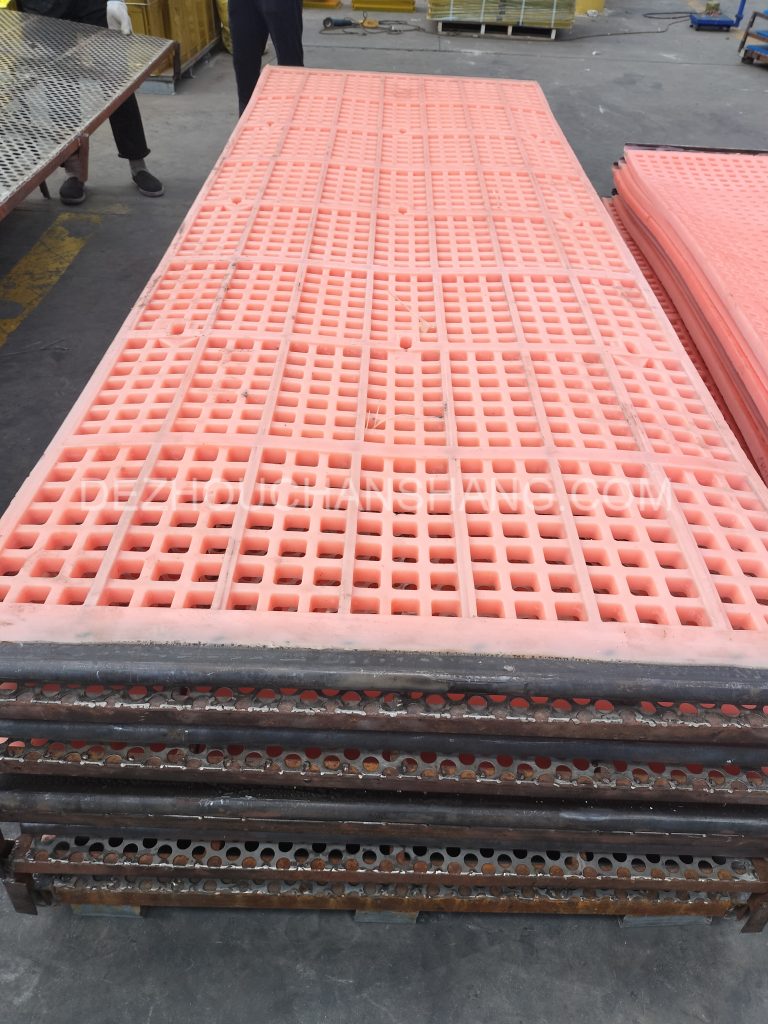Basic introduction to polyurethane screen
Introduction polyurethane screens are a type of screening media commonly used in various industries, including mining, quarrying, and recycling. These screens are…
Introduction
polyurethane screens are a type of screening media commonly used in various industries, including mining, quarrying, and recycling. These screens are made from polyurethane, a versatile and durable material that offers several advantages over traditional screen materials like steel or rubber. Polyurethane screens are known for their high abrasion resistance, excellent screening efficiency, and long lifespan. They are designed to withstand harsh operating conditions, including heavy loads, high impact, and corrosive environments. Additionally, polyurethane screens offer improved open area, allowing for better material flow and increased production rates. Overall, polyurethane screens are a popular choice for many applications due to their superior performance and cost-effectiveness.
An Overview of Polyurethane Screens
Polyurethane screens are a type of screening media that have gained popularity in various industries due to their durability and efficiency. These screens are made from polyurethane, a synthetic material known for its exceptional wear resistance and flexibility. In this article, we will provide a basic introduction to polyurethane screens, discussing their composition, advantages, and applications.
Polyurethane screens are composed of Polyurethane Panels that are molded into various shapes and sizes. The panels are typically reinforced with steel or wire mesh to provide additional strength and stability. This combination of materials allows polyurethane screens to withstand heavy loads and abrasive materials, making them ideal for use in demanding environments.
One of the key advantages of polyurethane screens is their exceptional wear resistance. The polyurethane material is highly resistant to abrasion, meaning that it can withstand the constant impact and friction caused by the screening process. This wear resistance ensures that the screens have a longer lifespan compared to traditional screening media, reducing the need for frequent replacements and saving costs in the long run.
In addition to their wear resistance, polyurethane screens also offer excellent flexibility. The polyurethane material is highly elastic, allowing the screens to absorb impact and vibrations without sustaining damage. This flexibility not only enhances the durability of the screens but also improves their screening efficiency. The screens can effectively separate particles of different sizes, ensuring accurate and efficient screening results.
Polyurethane screens are widely used in various industries, including mining, construction, and recycling. In the mining industry, these screens are commonly used in vibrating screens and trommel screens to separate and classify different types of minerals and ores. The wear resistance and flexibility of polyurethane screens make them suitable for handling abrasive materials and heavy loads, ensuring efficient and reliable screening operations.
In the construction industry, polyurethane screens are used in asphalt plants and concrete plants to separate aggregates of different sizes. The screens can effectively remove oversized particles and ensure the quality of the final product. The wear resistance of polyurethane screens is particularly beneficial in these applications, as the screens are constantly exposed to abrasive materials and high impact forces.
Polyurethane screens are also utilized in recycling facilities to separate and classify different types of waste materials. The screens can effectively separate recyclable materials from non-recyclable ones, improving the efficiency of the recycling process. The flexibility of polyurethane screens allows them to handle various types of waste materials, ensuring accurate and efficient separation.
In conclusion, polyurethane screens are a versatile and durable screening media that offer numerous advantages in various industries. Their exceptional wear resistance and flexibility make them ideal for handling abrasive materials and heavy loads. Polyurethane screens are widely used in mining, construction, and recycling applications, where they ensure efficient and reliable screening operations. With their long lifespan and cost-saving benefits, polyurethane screens have become a popular choice for many businesses seeking high-performance screening solutions.
Conclusion
In conclusion, a basic introduction to polyurethane screens reveals that they are a type of screening media commonly used in various industries. These screens are made from polyurethane material, which offers several advantages such as high durability, abrasion resistance, and corrosion resistance. Polyurethane screens are known for their efficient screening performance, improved product quality, and reduced downtime. They are widely used in mining, aggregate, recycling, and other applications where effective screening is required. Overall, polyurethane screens are a valuable solution for achieving efficient and reliable screening processes.


